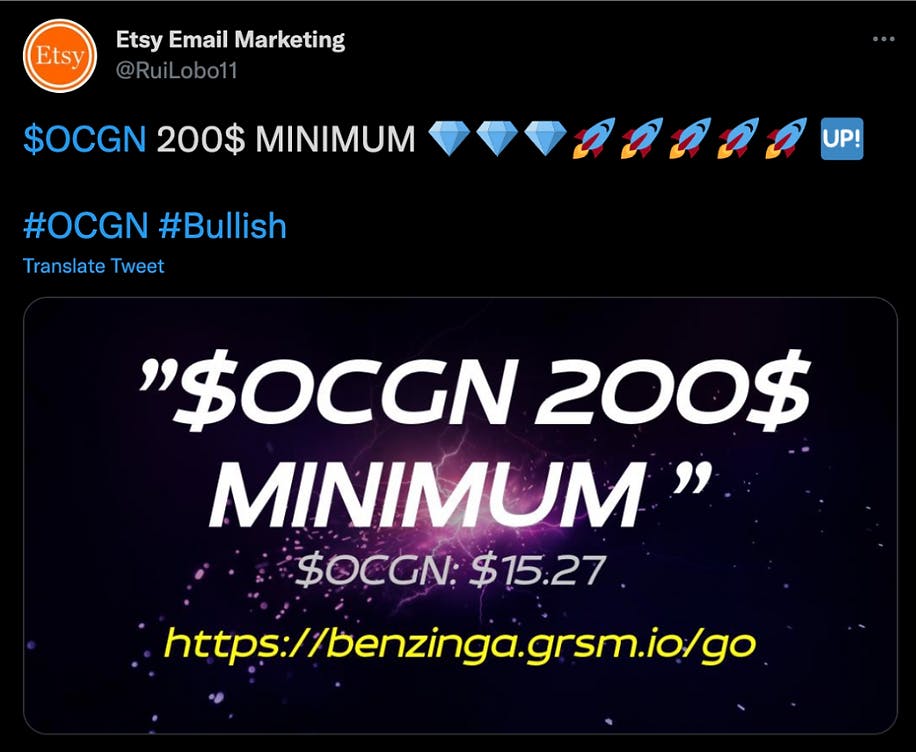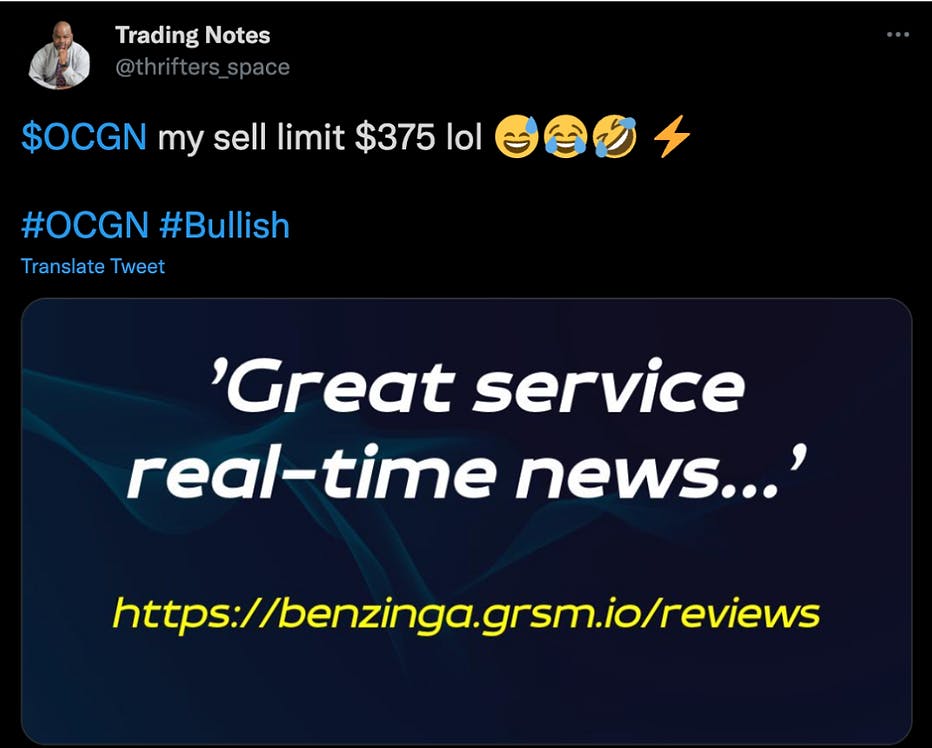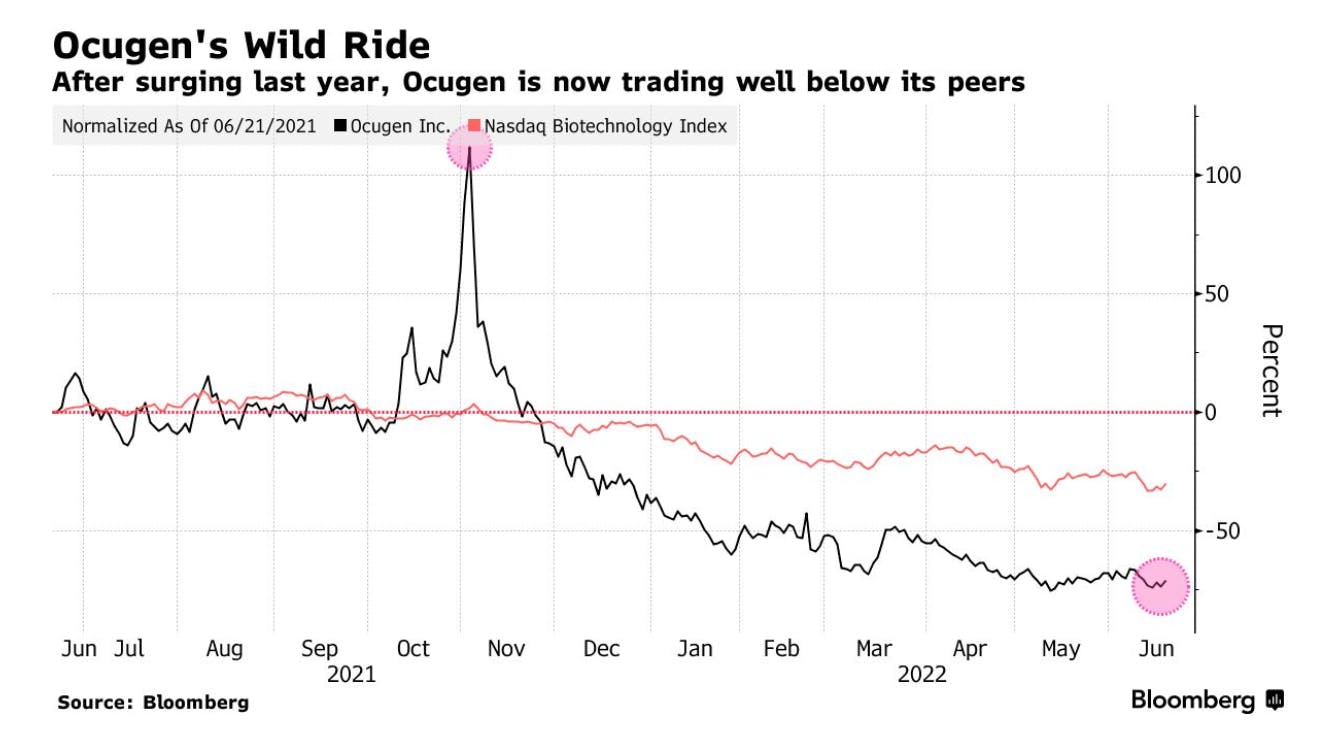Protecting Your Value: Defending Against Short Seller Attacks

Short selling is a well-known strategy that speculates on the decline in a stock price. Investors borrow and sell shares with the hope that the share price will eventually decline, allowing them to buy the same stock back later at a cheaper price and pocket the difference. Recent activity and trends have unveiled a darker side of this practice: short seller attacks fueled by disinformation and false or misleading content. Disinformation campaigns seek to manipulate and influence behavior. In the case of financial attacks, actors seek to drive down a company’s stock price by operating networks of accounts that attempt to erode consumer and investor trust. The networks perpetuating these attacks attempt to go undetected, and appear to launch out of nowhere. Responding efficiently and effectively to an attack is mission critical for boards, management teams, and companies to protect shareholder value.
The Anatomy of a Short Seller attack
The first step in protecting your organization is to understand how the threat of disinformation works in the context of financial attacks. Short seller attacks, or coordinated stock manipulation, occur when actors, including retail investors congregating in online communities like Reddit's r/wallstreetbets, dark PR and research firms, or even rival companies, take substantial short positions in a company's stock. They then actively propagate disinformation and unfounded narratives about the targeted company. These narratives can range from fabricated financial troubles to baseless ethical and social concerns and even counterfeit research reports. The ultimate goal is to incite panic among investors, driving down the stock's share price and allowing short sellers to reap the profits.
Case Study: Ocugen’s Release of COVAXIN
Alethea uncovered substantial evidence of an inauthentic network of Twitter accounts promoting messages to boost the share price of Ocugen ($OCGN), a biotech company seeking approval for its COVID-19 vaccine. With a coordinated content push on Twitter and Reddit, more than 100 automated accounts heavily promoted Ocugen stock, urging followers to invest, claiming that the value of the stock would exceed $200 per share.


Examples of tweets from the network encouraging prices well above the market value
This activity drove Ocugen’s share price to an all-time high, where we then discovered an increase in short positions, before the stock lost 80% of its value over the next 12 days and has continued to trade well below its peers.

Investing in Solutions
Short seller attacks and stock manipulation attempts target every publicly traded company, regardless of industry, size, or public profile. These attacks generate significant risks – and if attackers are successful they can inflict irreversible damage to a company’s financial stability, result in CEOs being ousted, and cause significant loss to stock and shareholder value.
In a volatile financial landscape, vigilance is essential. By staying ahead of the curve and implementing early detection measures, companies have time to take action before actors have impact. Early identification allows for mitigation options like writing cease and desist letters to shut down nefarious activity, creating a comprehensive external communications strategy to control the narrative, or coordinating with the SEC to investigate potential illicit behavior.
It requires foresight and early detection to identify potential attack vectors, and advanced preparation so that a company is well positioned to respond effectively on short notice. Without early detection – companies will be caught flat footed against short sellers, resulting in significant financial loss for shareholders, disruption in business operations, and erosion of consumer trust.